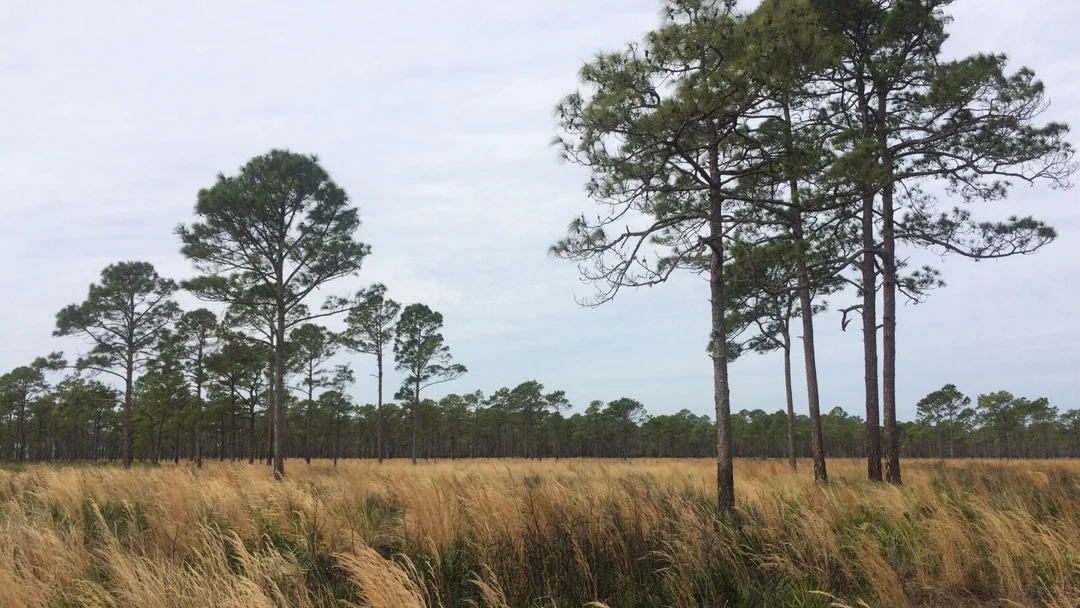
Florida’s Hidden Land Grab: Can Public Fury Protect Our Wild Spaces?
In a dramatic twist that has conservationists cheering and developers retreating, a contentious plan to swap prime Florida wilderness for scattered parcels has been abruptly scrapped. This episode underscores the growing clash between environmental preservation and private interests, raising questions about the future of America's natural havens.
The controversy centered on Upland LLC's proposal to exchange 600 acres of the Guana River Wildlife Management Area—a cherished wetland preserve in northeast Florida—for about 3,000 acres of fragmented land elsewhere. Facing intense backlash from locals, politicians, and environmental groups, the company announced its withdrawal just days before a key state review. Florida's Department of Environmental Protection confirmed the decision, noting that public outcry played a pivotal role in halting what many viewed as a threat to ecological integrity.

Key figures in the opposition included Florida State Rep. Kim Kendall, a Republican from St. Augustine, who hailed the withdrawal as a 'major victory for our community and environment.' Kendall, alongside U.S. Rep. Byron Donalds, who is eyeing a gubernatorial run, publicly decried the deal on social media, emphasizing that 'Guana Preserve is NOT for sale.' Even Susie Wiles, President Donald Trump's chief of staff and a longtime local resident, weighed in, calling the proposal 'outrageous' and a 'wolf in sheep's clothing.' Her statement echoed broader sentiments, drawing on her history of environmental advocacy in the region.
Analysts point to this event as a barometer for Florida's environmental politics. Similar to last year's pushback against state park commercialization and oil drilling near the Apalachicola River, the Guana saga reveals a pattern of rapid proposals met with fierce resistance. Environmental groups like the Florida Springs Council and Audubon Florida mobilized quickly, organizing protests and rallies where hundreds chanted slogans like 'We're not Guana take this!' The swap, while touted by Upland LLC as a 'net positive' for conservation, raised red flags due to its opaque details and potential for hidden development agendas.
Comparisons to past initiatives highlight flaws in the system; for instance, the lack of transparency allowed Upland LLC to advance without fully disclosing plans, fueling distrust. Rep. Allison Tant, a Democrat, celebrated the outcome but warned of future attempts, urging vigilance: 'They'll be back because they're never satisfied.' This incident not only spotlights the fragility of public lands but also the power of bipartisan coalitions in defending them.
In summary, the withdrawal marks a temporary win for Florida's natural treasures, proving that informed activism can sway decisions. Yet, it leaves lingering questions: How can we safeguard these areas from future threats? As debates continue, this event serves as a rallying cry for stronger protections.
We invite you to share your thoughts—do you believe public lands should remain untouchable? Leave a comment below, and don't forget to share this story to keep the conversation going.